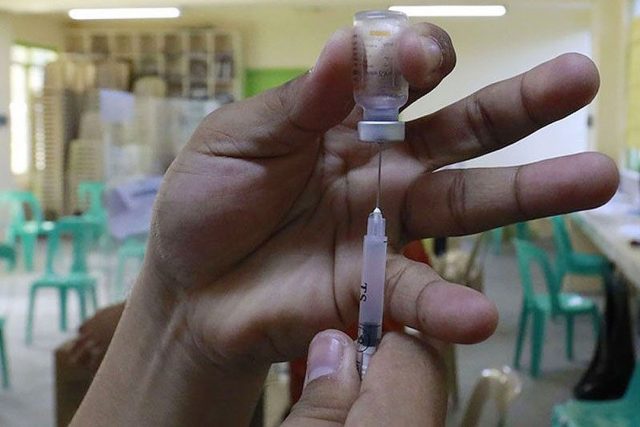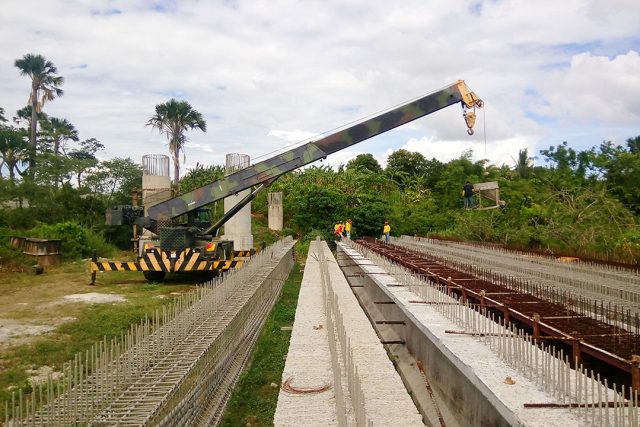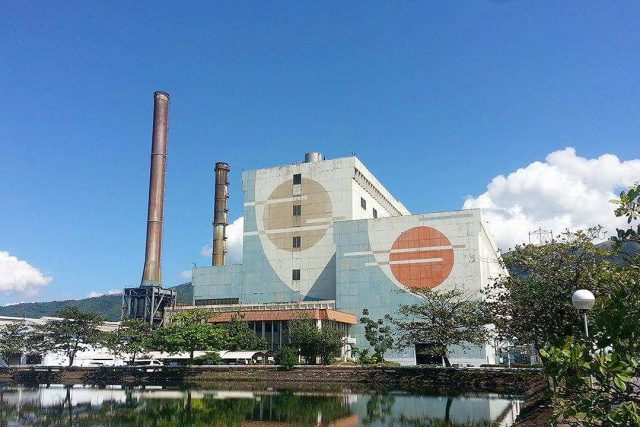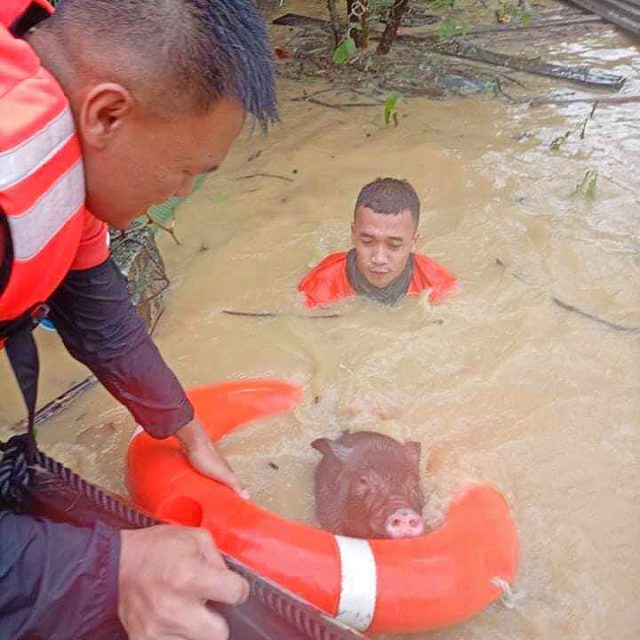Palace says no law allows employers to turn away unvaccinated workers
THE PRESIDENT’S spokesman said Thursday that turning away unvaccinated workers is not authorized by law, contradicting remarks made by the head of the government’s pandemic containment effort.
Palace Spokesman Herminio L. Roque, Jr. said in a televised briefing that no law allows companies to require vaccination for job applicants and workers.
Secretary Carlito G. Galvez, Jr., the chief implementer of the National Action Plan on COVID-19, said on GMA News that companies that limit their workforce to the vaccinated are not guilty of discrimination.
“It is the prerogative of companies to hire, train, promote and fire employees,” he said, noting that it is the “moral and corporate responsibility of the company to protect its people, clients, consumers and business interests,” Mr. Galvez said.
Business groups have been urging the government to allow the private sector to “impose stricter requirements on unvaccinated employees and patrons, and to decline unvaccinated job applicants.”
The Bankers Association of the Philippines, the Financial Executives Institute of the Philippines, GoNegosyo and Investment House Association of the Philippines noted that while individuals can refuse vaccination, “the state and private sector should be able to restrict the activities of unvaccinated persons for the common good.”
Section 12 of Republic Act No. 11525, or the COVID-19 Vaccination Program Act of 2021 states that vaccine cards, which are used to validate an individual’s vaccine status, “shall not be considered as an additional mandatory requirement for educational, employment and other similar government transaction purposes.”
The Department of Labor and Employment earlier issued an advisory to employers that “any employee who chooses not to get vaccinated or fails to get vaccinated shall not be discriminated against in terms of employment.”
Mr. Roque said the government can now inoculate more people with additional vaccine supplies available outside Metro Manila.
At the briefing, he said nearly 53.84 million coronavirus vaccines had been administered as of Oct. 20. Nearly 24.88 million individuals or 32.25% of the adult population are fully vaccinated, he added.
The Philippines, which scored poorly in a global index that measured the recovery of more than 100 countries from the coronavirus pandemic, hopes to inoculate at least 50% of its adult population by year’s end. — Kyle Aristophere T. Atienza












